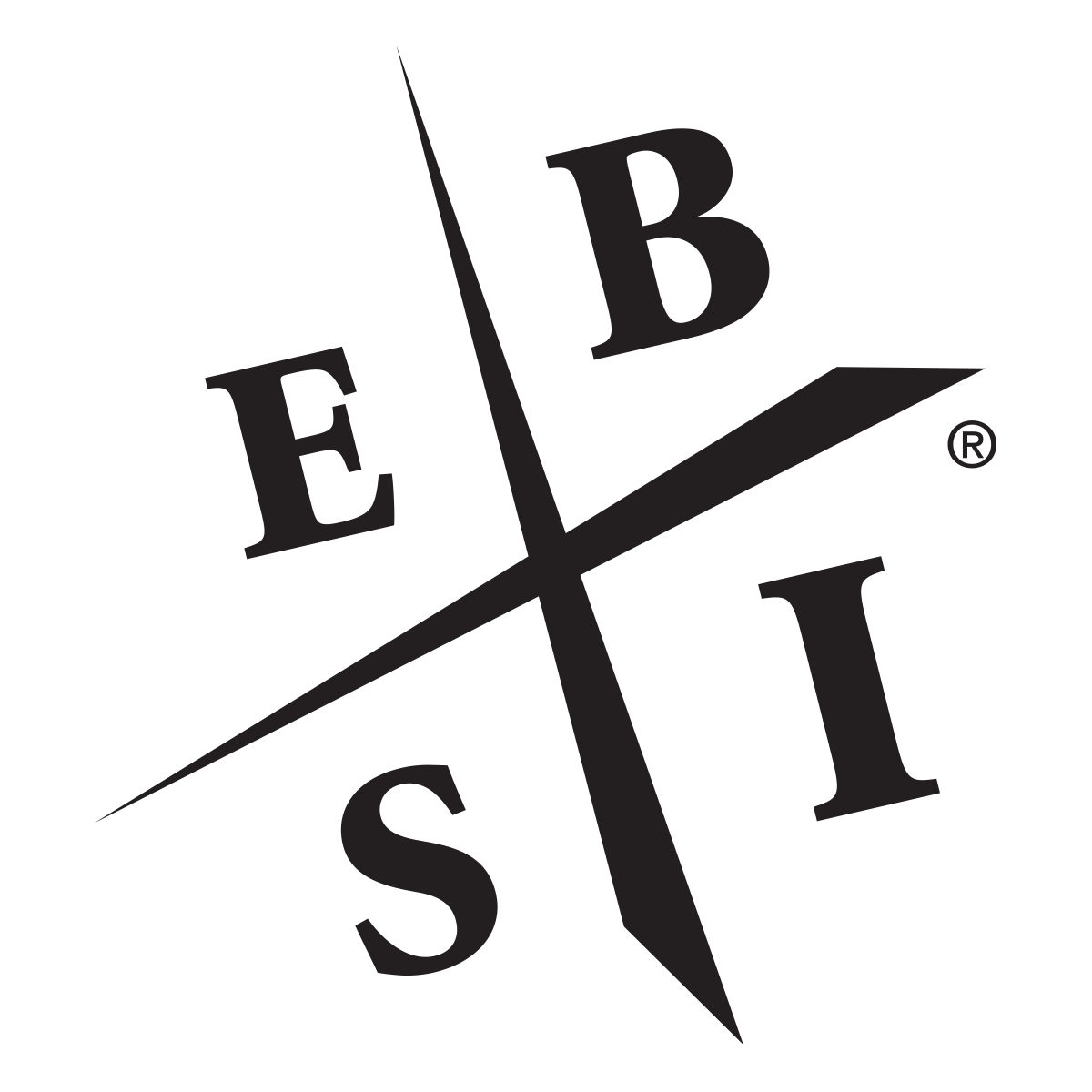Blog | Paper Assets
Why 401ks Are Bad: Retirement Realities for 2025 & Beyond
These investment accounts were supposed to help us retire wealthy and happy — unfortunately, many Americans are learning that this dream is actually a nightmare.
Rich Dad Paper Assets Team
December 04, 2024
Summary
-
Risks of Relying on 401ks: economic and market changes post-COVID have exposed the vulnerabilities of 401ks, which were not originally designed to be the sole source of retirement income
-
Impact of Political and Economic Shifts: Trump's administration might influence the stability and performance of your 401k, adding layers of risk and unpredictability
-
Exploring Alternative Investments: various investment options could potentially offer better control and returns than 401ks, including real estate, stocks, and enhancing your financial education
As we head into 2025, it's pretty obvious the post-COVID economy is really doing a number on the usual retirement plans like 401ks.
They used to be rock solid—everyone’s go-to for stashing retirement cash. Now? Not so much. Remember when 401ks first showed up in the '70s? They were supposed to be this extra cushion on top of company pensions. Fast forward to today, and for most folks, that’s all they’ve got. With pensions practically extinct and job and market conditions more unpredictable post-pandemic, banking solely on a 401k feels like too big a risk.
Let’s break down why 401ks aren’t holding up. Unsteady markets and economic uncertainty are spotlighting their flaws—like those hidden, hefty fees and the fine print that nibbles away at your nest egg. Plus, you barely have any control over how your money is invested or managed. And don’t get me started on the taxes you’ll pay when you start pulling money out.


Now, throw in the mix America gearing up for another round under Trump. His last stint in the office brought major tax cuts and deregulation, which did give the stock market a temporary bump. But it also brought volatility. These moves hit 401ks hard, making them super vulnerable to whatever the market’s feeling that day.
Trump’s tax reforms gave the stock market a quick boost that pumped up some 401ks for a bit. But then, the ballooning national debt and rising inflation ended up swallowing those gains, leaving many retirees out in the cold. If we see the same playbook in 2025, expect a quick surge followed by a market crash.
Facing another Trump term could mean more policies that push for quick economic wins but like any new presidency, stirs up instability. If your retirement plan hinges on a 401k, getting a grip on these quick shifts in policy and market reactions is key to protecting your investments from serious risks down the line.
The Broken Promise of 401ks
When 401ks first popped up, they were never meant to be the main event. They were just supposed to be a backup, a little something extra on top of the company pensions that were meant to be the heavy lifters for retirement. But fast forward to today, and for many, the 401k is all there is. But here's the thing—they were never designed to handle the full weight of retirement alone.
Now, cruising into 2025, it's pretty obvious that 401ks just aren’t cutting it. The world’s changed a ton since they were dreamed up. We're dealing with crazy market swings, an ever-shifting job landscape, and the long-term effects of the pandemic shaking everything up. Putting all your bets on a 401k? That's turning out to be a pretty dicey move.
These days, 401ks are trying to stretch to cover what pensions used to, and they’re coming up short. As jobs flicker in and out and the market does its thing, the one-size-fits-all 401k plan doesn’t really fit anyone perfectly anymore. It's becoming more and more clear that these plans just can't keep up with what the modern world throws at them, leaving many wondering if their retirement is just a mirage.
Especially for younger workers who often land in jobs without steady benefits, building a solid 401k is tough. And looking at retirees in 2025, they could be hit with higher taxes on withdrawals if federal tax rates jump to manage the soaring national debt. This is the hard truth—we were told 401ks would be our retirement lifeline, but it turns out, they’re not living up to the hype.
Why 401ks Are Bad
Economic instability is the biggest problem with 401k stability. Because when the market tanks, so does your 401k. And then there are administrative fees, fund expenses, and other hidden charges that you won’t see coming until it's too late. Because every time your 401k starts to grow, someone dips into it, taking a piece before you even get a chance to enjoy it.
Or, what about taxes? When you start withdrawing from your 401k, it's taxed as regular income. That might not seem too rough now, but if tax rates climb you’re going to feel it. You could end up giving a hefty slice of your retirement savings back to the government. When you look at other investments that get hit with lower capital gains taxes, a 401k can feel like you’re stuck paying top dollar on the fast lane to retirement.
Impact on Employer Contributions and Fees
The way Trump’s handling corporate taxes might actually push companies to bump up their 401k matches as part of employee compensation. But here’s the catch: this could also lead companies to pick higher-fee investment options to make up for their costs, which means the net returns on your 401k could take a hit.
To dodge this, it's smart to keep a close eye on your 401k for any sneaky fees. Think about only putting in enough to get the full employer match and then stashing any extra cash in different investments.
Bottom line: in 2025, with all the market flips, hidden fees, and heavy tax loads, relying on a 401k for a stable retirement feels more like a gamble than a guarantee.
The 2025 Perspective: What’s Changed & What Hasn’t
Check out 401ks in 2025, and you'll spot some glaring red flags that weren't on the radar when these plans first rolled out.
First up, there’s this massive market dependency. Your 401k’s basically hitched to how the stock market performs. So if the market’s going “to the moon” you’re stoked. But if it crashes? Your retirement funds nosedive with it. So you can see why betting your future on the market’s wild swings is a risky move, right?
But what about the employer match programs? You guessed it—they come with strings attached. For example, vesting periods. This means you don't fully own that matched money unless you stick around for a few years (and there's a cap on how much they'll actually match). Bail on your job early or don't put in enough cash, and you won't see the full benefit. It's not just a perk; it's a tactic to keep you on board without bumping your salary.
With Trump back in charge, we might see some deregulation in financial services which could change how 401ks are managed and the level of protection you get. Less red tape for companies sounds good, but it could also mean less oversight on your retirement plan, upping the risk for you.
Trump being back means we can expect even wilder market swings, which could shake the stability of 401ks even more (remember the market crash during the pandemic and the havoc it wreaked).
Alternatives to 401ks
When we talk about gearing up for retirement, clinging to 401ks can seem a bit outdated, especially with some snappier, more adaptable options on the table in 2025.
Take real estate during the pandemic, for instance. Investments in suburban areas boomed as folks ditched the cities. And then there's dividend-paying stocks in sectors like healthcare and A.I. which kept delivering solid returns even when the market was all over the place.


Here are a few alternatives that might give you more control over your financial future and potentially more bang for your buck:
-
Direct Stock Investments:Why let a fund manager make all your investment decisions? Managing your own stock investments lets you pick where your money goes. You could invest in companies you believe in or those that offer nice dividends. For example, if you're into tech, why not put some money into emerging tech firms? Unlike a 401k, there’s no cap on how much you can invest annually, so you can invest as much or as little as you feel comfortable with, tweaking your strategy as your financial situation or the market shifts.
-
Real Estate and Passive Income:Real estate can be a great way to rake in some steady passive income. Whether you’re buying a rental property in a booming spot or sinking some cash into a real estate investment trust (REIT), the right real estate moves can keep a steady income flowing your way. Owning something like a multi-family home not only brings in regular rent but might also climb in value over time, giving you a sweet mix of immediate income and long-term growth.
-
Financial Education:This one's big. The more you know, the smarter your moves. Investing in your financial know-how can unlock a whole world of opportunities way beyond the usual 401k. Whether that’s taking classes on stock market investing, getting into real estate books, or diving deep into tax strategies for retirees, understanding more can really pay off. Knowing market trends or the best times to sell off property can hugely boost your financial results.
What Should I Do With My Existing 401(K)?
After losing huge amounts of retirement money in the stock market, many people are asking: Should I stop contributing to my 401(k)? Should I take money out of my 401(k) and invest it in something else, despite the tax penalties for doing so?
As you’ve seen, there are certainly better investments than 401(k)s. But for people who have little financial education, a 401(k) may be the best investment. We don’t advise people to get out of their 401(k) if they don’t have the financial education needed to find and wisely manage a good investment.
So if you want to get out of your 401(k), set aside some time now to increase your financial education a little bit every day — that is one investment that is sure to bring you good returns!
Rich Dad Retirement Basics
In a world where you could potentially be living much longer, it’s vital that instead of spending your entire life working for money, you must instead have your money work for you your entire life.
This means moving from the left side of the CASHFLOW Quadrant, the employee and self-employed side, to the right side, the business and investor side.

This is one of the most fundamental concepts of the Rich Dad philosophy on money. By building businesses or investing in assets that provide passive cash flow month in and month out, your money works for you.
The good news is that having your money work for you allows you to still pursue many different passions and hobbies (and maybe even get paid for them), but in a way, that allows you to be financially secure and not dependent on those activities to keep you financially afloat.
And if you want to take back control of your retirement funds, we encourage you to make sure you have a good alternative investment plan in place first. Find an investment vehicle that works for you and then plan how to maximize the returns on the money you have.
We also encourage you to consult a tax advisor, who can explain your options and help you navigate the tax code. Investing outside a 401(k) can bring much better returns, but it also requires greater financial knowledge. Learn what you need to know, then take action.
Start today—your retired self will thank you for it.
Original publish date:
December 10, 2009